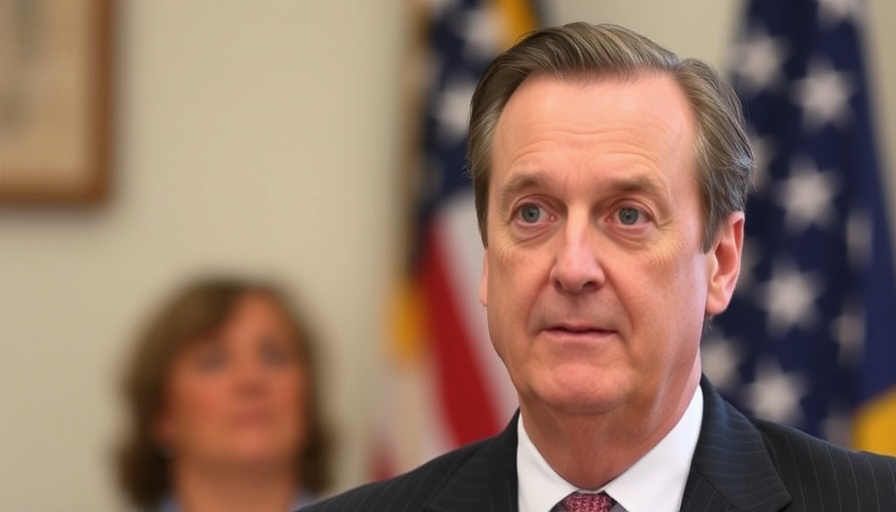
Understanding New Jersey's Proposed Parole Reform
Governor Phil Murphy's proposed parole reform in New Jersey aimed to provide a fairer, more rehabilitative system for parolees. However, the initiative has stalled, sparking debate about its implications for criminal justice reform. The proposal intended to address issues such as incarceration rates and the reintegration of former inmates into society, which are critical components of a holistic approach to corrections.
Why Has the Reform Stalled?
Challenges related to political consensus, budgetary constraints, and the ingrained resistance to change within the state's correctional system have contributed to the slowdown. Critics argue that without adequate funding and bipartisan support, the reforms might not effectively reduce recidivism or ensure fair treatment for those seeking parole.
The Importance of Parole Reform
Effective parole reform holds significant value for New Jersey's community welfare. By facilitating the successful reintegration of parolees, the state could improve public safety, reduce crime rates, and enhance social equity. The discussions surrounding these reforms emphasize the urgency for a system that not only punishes but rehabilitates.
Next Steps for Stakeholders
As New Jersey navigates this pivotal moment in its criminal justice system, advocates for parole reform must continue to raise awareness and generate support among lawmakers and the public. Engaging in dialogue about the potential benefits of the proposed changes could be key to moving the initiative forward.
Conclusion
New Jersey's struggle with parole reform reflects broader national challenges in criminal justice. It highlights the necessity of balanced discussion and understanding as communities seek effective solutions to complex issues related to incarceration and rehabilitation.
 Add Row
Add Row  Add
Add 



Write A Comment